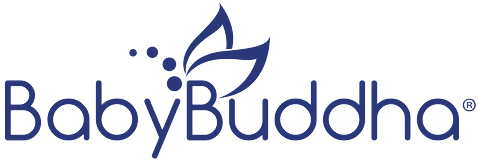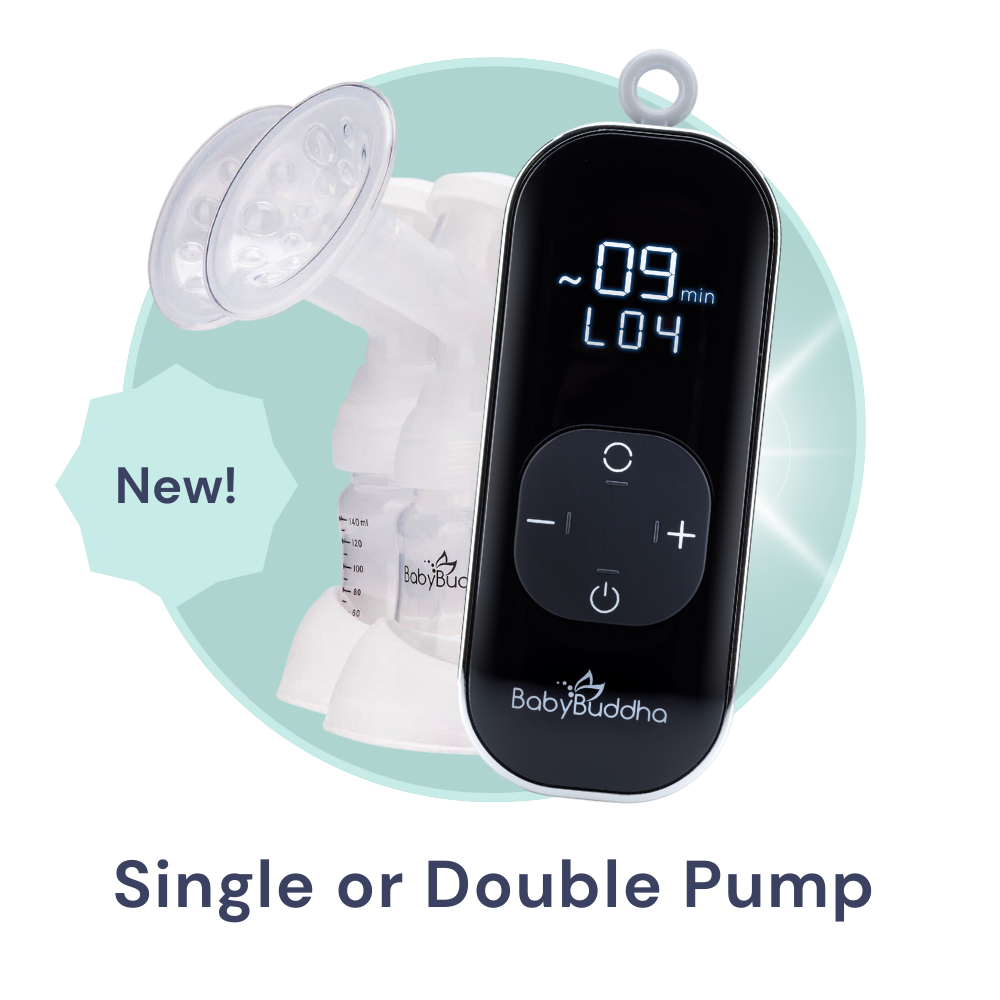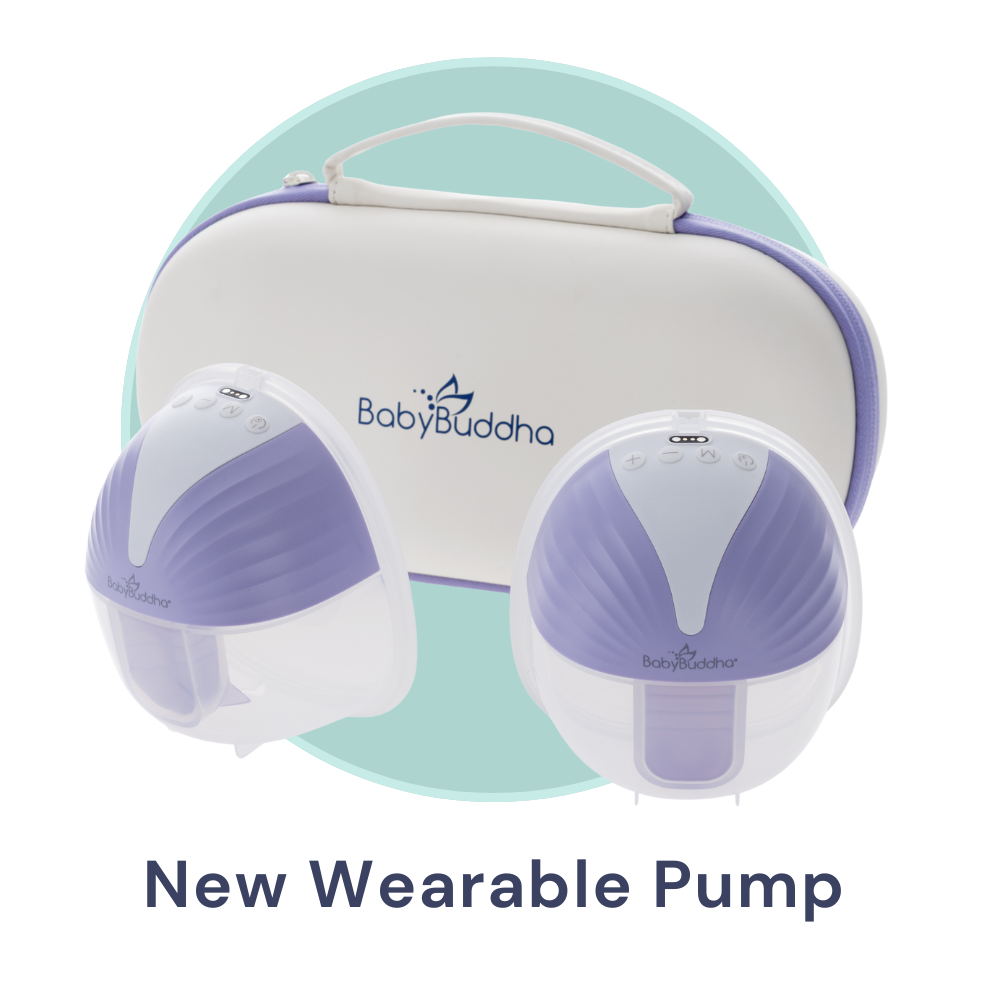Medically Reviewed By | Dr. Hope Lima, PhD, RDN, LRD, IBCLC
Breastfeeding can come with a mix of emotions — loads of excitement, a sprinkle of challenges, and a dash of, "Wait, am I doing this right?" It’s like learning to ride a bike, but this time, it’s all about nourishing your little one, and, yes — there might be a bit of wobbling involved.
We’ve all heard it — what we eat is what our babies eat. And it’s so true! There are certain nutrients that you need to get in your diet to ensure your baby gets enough!
But, let’s be honest, navigating the nutritional waters while breastfeeding isn’t always straightforward. "Do I need more calcium? Oh, and what about those supplements? And yes, the constant hunger!" Relatable, right?
So, without further ado, let’s dive into the world of breastfeeding together, exploring how our nutrition affects feeding, how we can make sure we’re eating all the right things, and — most importantly — how to keep it all real and manageable.
How Does Breastfeeding Affect Nutrition?
Diving into the world of breastfeeding nutrition is like untangling a box of mixed-up necklaces; it’s all about patience and finding the right links! When we’re breastfeeding, our bodies are the ultimate multi-taskers, working round the clock to produce that liquid gold. Because of this, we need some extra fuel — both nutritionally and energy-wise.
So, what do we need? Well, these things fall into two broad categories:
- Extra calories: We're burning through them like crazy, so we need more!
- Extra water: It takes water to make milk, so you’re going to notice your thirst increase.
- Essential nutrients: They're the backbone of our lactation journey, ensuring that every drop of milk is supercharged with goodness.
“The extra calories & water are essential for helping to support milk supply. When you aren’t eating enough or staying hydrated, your body will reduce the amount of milk it is making to ensure the milk stays nutritionally complete for your little one. The essential nutrients are actually going to be as important for you as they are for your milk! Certain nutrients get included at your body’s expense. This means that you could be at risk for nutrient deficiencies if you don’t get enough in your diet,” notes Lactation Expert Dr. Hope Lima, PhD, RD, IBCLC.
What Are the Core Components of a Balanced Meal?
Alright, let’s break it down — what exactly should be filling our plates? When it comes to supporting milk supply, it’s all about diversity and inviting all the food groups to the party.
Some key players here include:
- Whole grains: These are our stamina buddies, wrapping us in a hug of sustained energy to navigate through those loving — yet sleepy — midnight feeds.
- Lean meats: These power-packed pals are our muscle heroes, helping regenerate and rebuild our bodies while we care for our little ones.
- Dairy products: Say hello to our calcium friends, making sure our bones are strong and fortified, ready to hold and cuddle our babies for hours on end.
- Leafy greens and legumes: These are the unsung heroes, delivering a powerhouse of vitamins and minerals to ensure our well-being during this special journey.
Now, let's throw the spotlight on a few star performers:
- Avocados, Fish, or Nuts: These foods are our healthy fat gurus, managing our energy levels and ensuring a smooth ride through the day.
- Fruit (Whole or Dried): Fruits are our sweet companions and are rich in fiber. These are important because they keep things moving smoothly — because we have enough to handle, right?
Impact of Specific Nutrients
Let’s roll up our sleeves and dive deeper into the nutritional ocean. Specific nutrients play major roles in our breastfeeding journey, each with its unique superpower.
These include:
- Calcium and Vitamin D: Did you know that if your body gets calcium (and other bone minerals) for milk from your bones? Getting these nutrients in your diet is crucial for ensuring your bones stay strong.
- Vitamin C and Vitamin B12: These are our immune boosters and energy suppliers. Because they are water soluble, how much we consume can directly impact the level that passes into milk.
- Fatty Acids: These are the brain boosters essential for the development of our baby’s brain and nervous system. “While the amount of fat in your milk is difficult to adjust, the types of fats in your milk reflect what you consume. So, focusing on getting omega-3 fatty acids helps increase the amount of these fats your baby gets,” Lima notes.
Today’s dietary guidelines recommend a balanced diet with these nutrients in mind, but let’s get real — it’s not always easy, especially when we’re juggling a thousand things. So, if you’re finding it hard to hit all the nutritional marks, a multivitamin can be your safety net, catching any nutrients you might be missing.
But remember — it's always a good idea to discuss any supplements and dietary changes with a healthcare provider or a dietitian, ensuring it’s the right fit for you and your baby.
Hydration and Breastfeeding
Who knew something so simple could be so impactful in our breastfeeding journey? It's not just about quenching our thirst; it’s about maintaining that precious milk supply and keeping our energy levels balanced.
When breastfeeding, we’re like well-oiled machines, and water is that oil. Ensuring we’re well-hydrated allows us to be ready to face the wonderful world of motherhood. So, let's raise our glasses (of water) to staying hydrated and feeling great!
Every breastfeeding session is a cue to drink up. We’re giving so much to our babies that we need to replenish and keep those energy levels buoyant. Make sure to drink plenty of water — you can even keep a glass of water next to where you feed your baby or pump to help you remember to hydrate.
And we know that everyone loves a cup of coffee to survive the sleepless nights, but let’s keep it in check. Some babies can be sensitive to caffeine while breastfeeding, so watch for behavior changes, including fussiness or changes in your baby’s sleep patterns. If you are noticing patterns, you may need to cut back on the caffeine.
Special Dietary Considerations
We’ve covered the basics of maintaining a balanced and nutritious diet while breastfeeding, focusing on staying well-hydrated and ensuring that our little ones are getting all the nutritional goodies they need. But what about moms who have specific dietary restrictions or preferences? Fear not — let’s get into it and see how every mom can navigate this journey.
Vegetarian and Vegan Diets
For our plant-powered moms, it’s all about being extra mindful to get all the essential nutrients primarily found in animal products.
Plant-based moms may want to consider incorporating the following:
- Plant proteins: Lentils, chickpeas, and quinoa can help ensure our bodies are rebuilding and regenerating effectively. “Be sure to pair your protein sources appropriately to ensure you are getting all of the essential amino acids in your diet,” adds Lima.
- Iron-rich foods: Spinach and fortified cereals are the key! Pair them with vitamin C-rich foods like oranges to enhance iron absorption.
- Supplements: A B12 supplement can be a real lifesaver here, helping keep energy levels optimum and ensuring the well-being of both mom and baby.
Pro tip: Lima notes that breastfed infants will actually become B12 deficient before the parent! If you are seeing any signs of feeding irregularities, lethargy, or diarrhea in your infant, seek support from a medical professional immediately.
Restrictions Due to Food Allergies
Moms with food allergies, you're not alone! It’s all about finding suitable substitutes that are equally nutritious.
Here are a few swaps you can make:
- Milk alternatives: Almond, soy, pea, or rice milk are excellent alternatives to keep those calcium levels up.
- Protein alternatives: Don’t do well with dairy or eggs? No worries — nuts and seeds have got your back.
Even babies with dairy intolerance have alternative dietary needs!
Gluten-Free Diets
Gluten-free moms, wave your hands! Staying away from gluten doesn’t mean compromising nutrition.
Here’s how you can keep your nutrient levels up:
- Quinoa and rice: These are your go-to grains, providing the energy you need to keep up with your little one.
- Fruits and veggies: Keep them coming — they’re naturally gluten-free and packed with all the vitamins and minerals you need.
Remember, everyone’s journey is unique. It’s all about tuning in to your body’s signals, understanding its needs, and addressing them in a way that aligns with your dietary preferences and restrictions. Discussing your diet with a healthcare provider or a dietitian is always a wise move to ensure you are meeting your nutritional needs.
Practical Tips for a Nutritious Breastfeeding Diet
Now that we’ve chatted about the nitty-gritty of what to eat and why it’s important, it’s time to get real practical — how can you implement these nutritional gold mines into your day-to-day life without feeling overwhelmed? Here are some real-world, down-to-earth tips.
Keep It Simple
Focus on simple, easy-to-make meals. There’s no need for fancy recipes; simple ones can be nutritious and delicious. Think grilled chicken with steamed veggies or a hearty bean soup.
Listen to Your Body
Your body knows what it needs. If you’re hungry, eat. If you’re tired, rest. It sounds straightforward, but it’s easy to forget to listen to those signals when you’re focused on your new little one.
Stay Hydrated, But Make It Fun!
Water can get a bit boring, right? Try adding a splash of lemon, a few fresh mint leaves, or even some slices of cucumber for a refreshing twist.
Ditch the Guilt
Having a slice of cake or a handful of chips is not a crime! It’s about balance. Allowing yourself to consume the foods you like will help prevent overindulging.
Plan Ahead
When you have a moment, prepare some nutritious snacks, like cut-up veggies or boiled eggs. When hunger strikes, you’ll have something healthy at the ready.
Stay Connected
Reach out to friends, family, or online communities. Sharing experiences and tips can make things feel more manageable and less isolating.
Embrace Convenience (When Needed)
Sometimes, you just won’t have the time or energy to cook. And that’s okay! You can turn to balanced, ready-made meals or takeout options when needed.
Move a Bit
A little light movement can do wonders for your mood and energy levels. A short walk or some gentle yoga can be enough.
Diversify Your Plate
Try to incorporate different food groups in your meals. A colorful plate is generally a nutritious one!
Cut Yourself Some Slack
Every breastfeeding journey is unique. Some days will be smooth sailing, and others, a bit rocky — and that’s perfectly normal. Be kind to yourself.
Don’t Skimp on Snacks
Having nutrient-rich snacks between meals can help maintain your energy levels. Think yogurt with berries or a handful of nuts.
Lean on Handy Aids
Nourishing yourself matters as much as nourishing your baby. A quick snack-n-pump session with our easy-to-use Manual Breast Pump might just be the pause you need in your day. It's about balancing convenience with health.
Stay Informed
Keep learning about nutritional needs and new recipes. The more you know, the more empowered you will feel to make the best choices for you and your baby.
A Final Word
At BabyBuddha, we're all about supporting you through these exciting, complex, yet incredibly rewarding times. Remember, while nutrition plays a role in breastfeeding, it's your unwavering love, patience, and determination that truly nourishes your little one. Trust your instinct, embrace the journey, and keep in mind that you're doing an amazing job. After all, to your baby, you're the whole world!
Keep shining brightly, dear mama — we're with you every step of the way.
Sources:
Breastfeeding nutrition: Tips for moms | Mayo Clinic
Back to Basics: All About MyPlate Food Groups | USDA
Nursing Your Baby — What You Eat and Drink Matters | Eat Right
Breastfeeding a Baby With Food Allergies | Children's Hospital of Philadelphia








